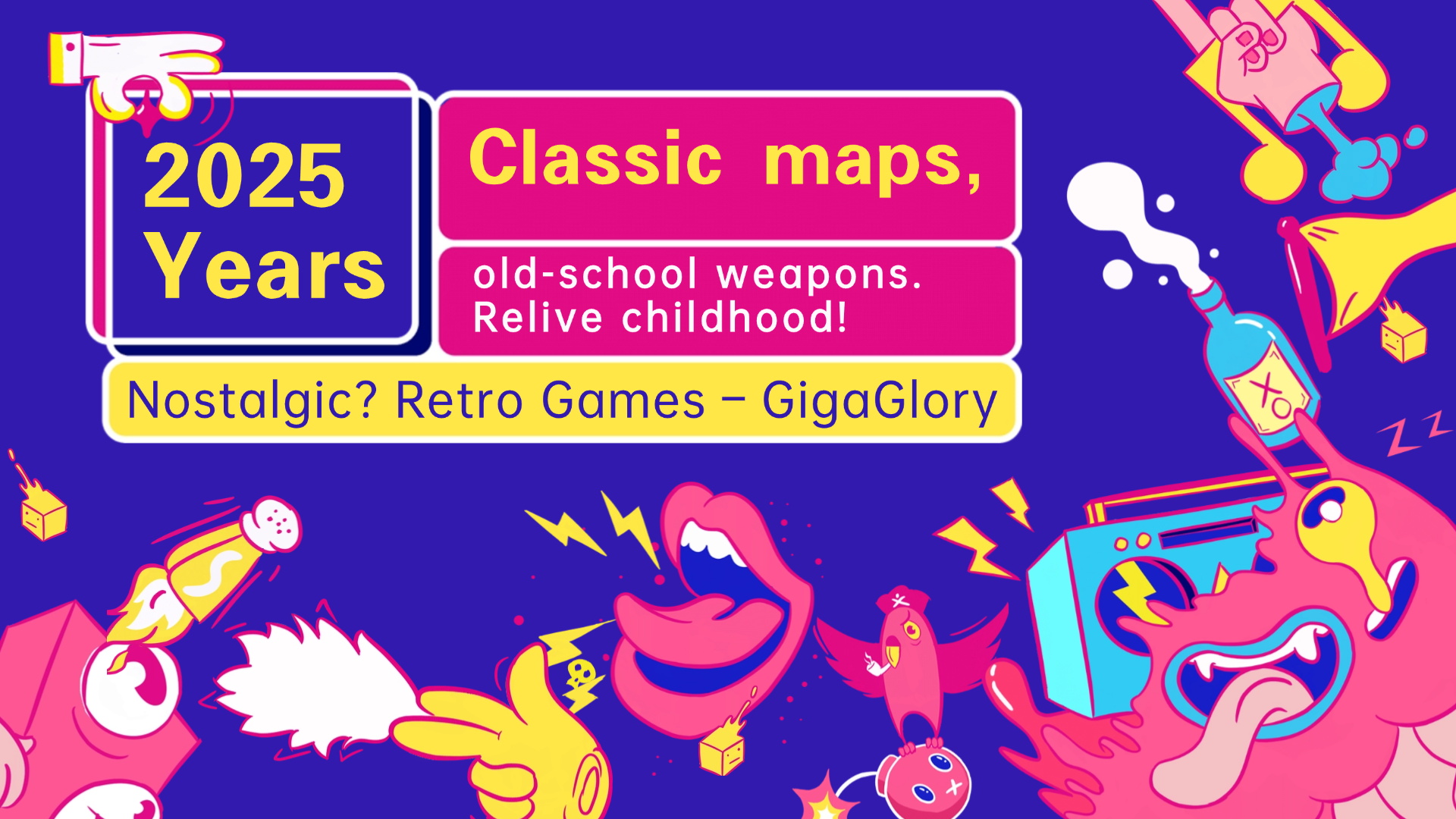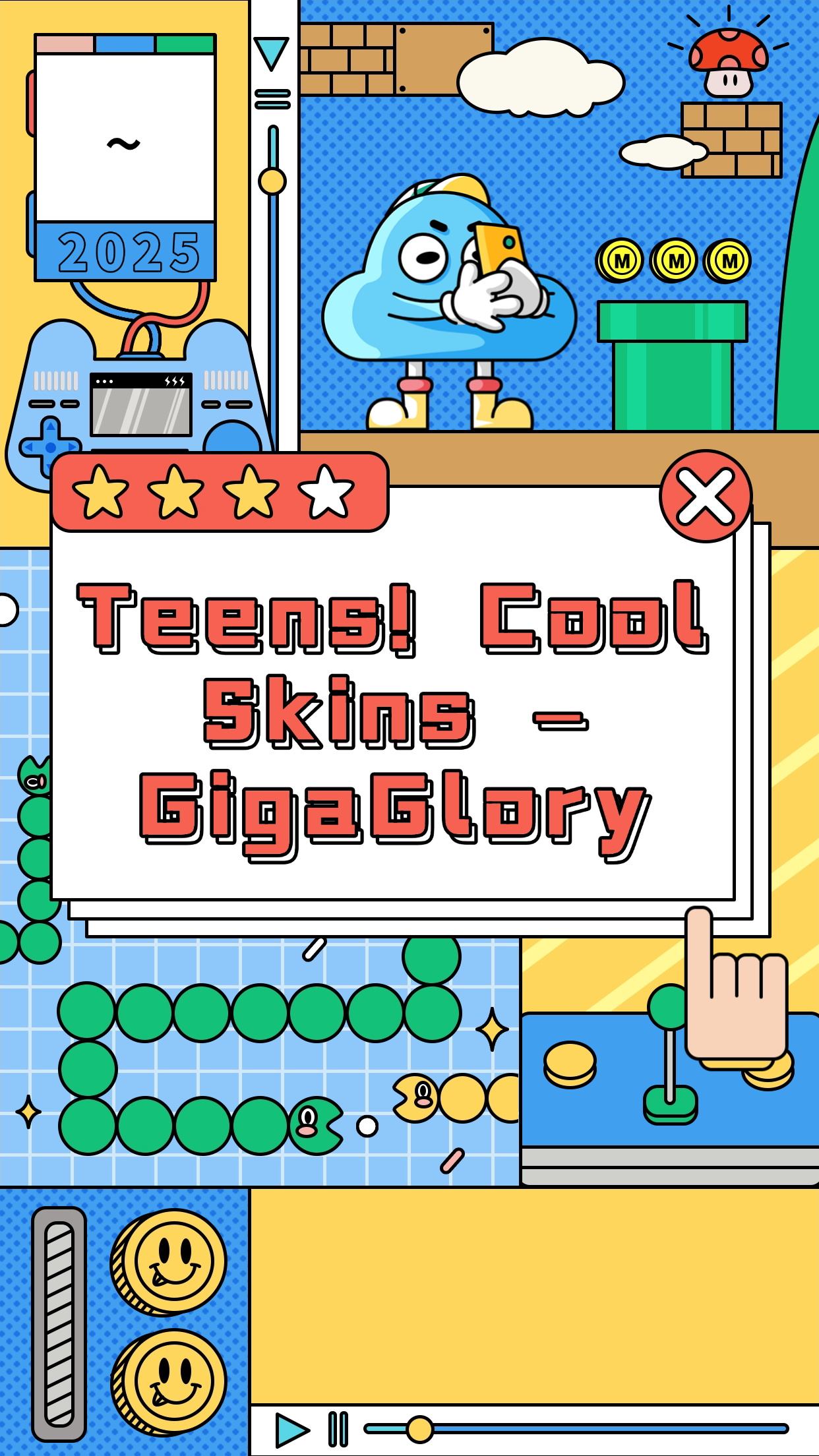Unlocking Learning Through Fun: How Idle Games Transform Educational Experiences
Idle games, often regarded as casual entertainment, have begun to carve their niche in the educational landscape. By blending learning with engaging gameplay, these games not only capture attention but also enhance comprehension in a playful manner. In this article, we will explore how idle games, particularly titles like the Dreamland Story Toons and Match 3 Games Blast Puzzle, are revolutionizing the way learning occurs.
Understanding Idle Games
Idle games, also known as incremental games, are designed to maximize player engagement without demanding constant interaction. Players progress through the game by making decisions at certain intervals, and the game continues to evolve even when they are not actively playing. This feature meets the natural behaviors of modern learners who seek flexibility.
The Educational Value of Idle Games
How do idle games translate to actual educational benefits? The answer lies in their inherent design. Here are a few key points:
- Encouragement of Strategic Thinking: Players must make decisions about when to invest resources, teaching them about opportunity costs.
- Time Management: Idle games often reward players for returning after a set time, improving their understanding of timing in project management.
- Goal Orientation: Players are often set with specific targets, encouraging goal-setting behavior in a fun environment.
Case Study: Dreamland Story Toons
One excellent representation of idle games in education is the Dreamland Story Toons. It incorporates storytelling into its gameplay, allowing players to not only enjoy the narrative but also engage with various learning elements:
| Feature | Educational Benefit |
|---|---|
| Storytelling Elements | Enhances reading comprehension and narrative understanding. |
| Resource Management | Develops analytical and critical thinking skills. |
| Interactive Puzzles | Improves problem-solving abilities through engaging challenges. |
Match 3 Games: A Unique Approach
Similarly, the Match 3 Games Blast Puzzle genre utilizes simple mechanics to reinforce complex concepts:
- Pattern Recognition: Players must identify and create patterns, promoting logical thinking.
- Color Theory: Engaging with colors develops visual and spatial awareness.
- Teamwork (for multiplayer options): Fosters collaboration skills as players often unite for common goals.
Expanding into RPG Action Games
When considering idle games, it’s also essential to highlight the role of RPG action games like the best RPG action games. These games often intertwine storytelling with idle elements, providing a rich context for learners:
- Character Development: Players learn about character arcs and growth, which can mirror real-life personal development.
- Strategy Development: Tackling challenges simply by leveling up enhances planning and foresight.
- Cultural Reflection: RPGs often draw from various cultures, broadening players' understanding and appreciation of diversity.
Creating a Balanced Learning Environment
Integrating idle games into educational frameworks does not mean abandoning traditional methods. Instead, it augments the learning experience. To achieve a balanced approach:
- Analyze the curriculum to identify where idle games can fit.
- Encourage students to reflect on what they've learned after playing.
- Evaluate the effectiveness of the games regularly through student feedback.
Conclusion: The Future of Educational Gaming
As technology continues to advance and reshape education, idle games stand at the forefront of this transformation. By merging pleasure with educational content, they create pathways for learners to acquire knowledge in ways that are less intimidating and more engaging. With titles like the Dreamland Story Toons and Match 3 Games Blast Puzzle leading the charge, we can anticipate a future where learning is not just effective, but also immensely fun.
Incorporating idle games into educational settings holds tremendous potential. Let’s embrace this change, bridging the gap between old and new pedagogies, and unlock a world of learning through fun!



